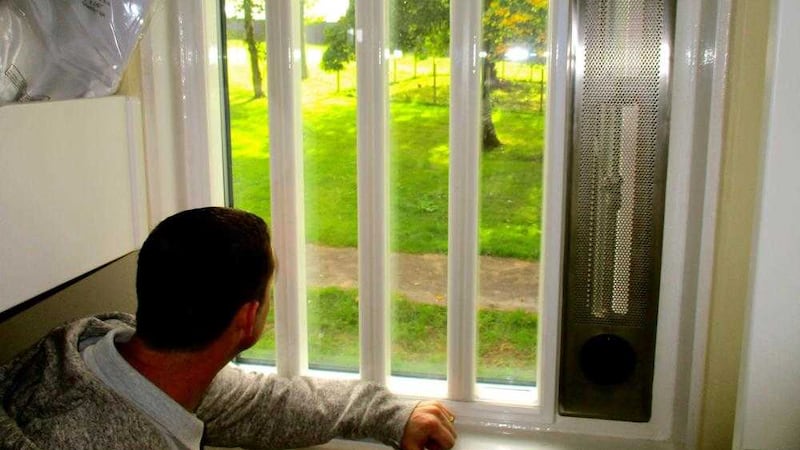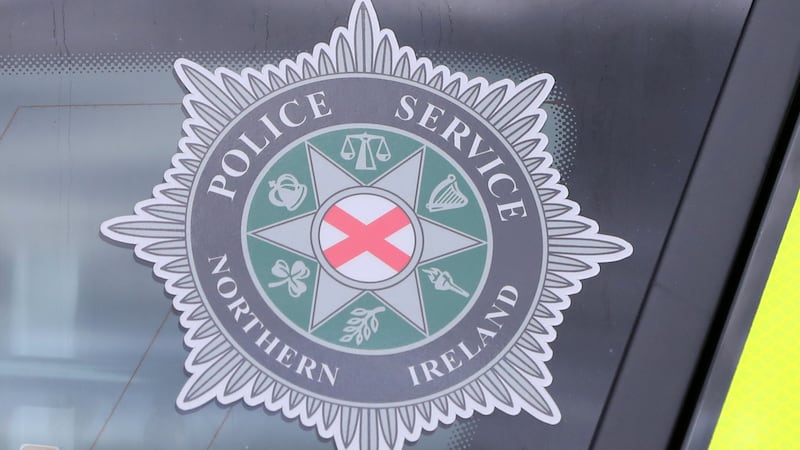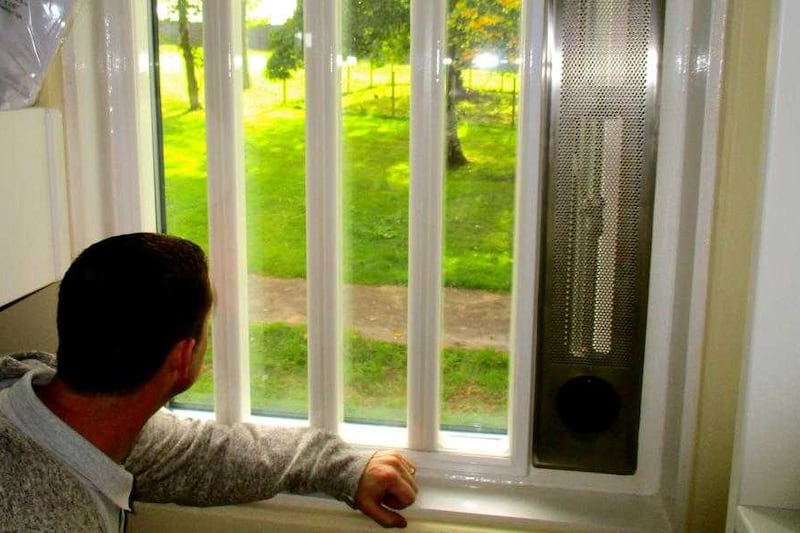Young people have spent a night in Hydebank Wood secure college to gain first-hand experience of the juvenile justice system.
The pilot initiative run by the Bytes Project involves giving personal development, volunteering and employability opportunities to 60 young people aged 18-24 in areas of high economic and social disadvantage.
The Bytes' United Youth Pilot involves young people who are not currently in education, employment or training in Belfast, Derry and the Upper Bann area, as well as those who are in custody in Hydebank College and Woodlands Juvenile Justice Centre.
Bytes' linkages with Hydebank allowed young people from the various locations to come together for an overnight residential at the secure college.
The pilot is part of United Youth, an integrated good relations programme for young people who are so-called `neets'. It is a key commitment in the Northern Ireland Executive's Together: Building a United Community strategy, and is being taken forward by the Department for Employment and Learning.
A total of 13 pilots are running across Northern Ireland until the end of March 2016, focusing on achieving four key outcomes for around 360 young people - personal development, citizenship, good relations and employability.
The purpose of the United Youth pilots is to test a range of approaches with a view to developing a service design framework for the United Youth Programme post 2015/16.
Austin Treacy, governor of Hydebank, said college staff helped to create some realism for the United Youth participants, including experiencing its induction procedure.
"As a governor, I am keen to support initiatives to divert or prevent young people from ending up in custody."
At the same time, Bytes was keen to show participants that there are always options, no matter a young person's situation.
"Some young people can't access formal and further education because of past convictions, and for others the formal education system simply hasn't worked for them," said Gail Ferguson, Director of the Bytes Project.
"Their lack of educational attainment in literacy and numeracy can bar them from using the skills and the talents they have. We are here to let these young people know that there are services available to help them achieve their goals."
One of the young participants said the visit to Hydebank had made him "more open to the concept that you can pick yourself back up and use your own skills and abilities to make a more secure future for yourself".


